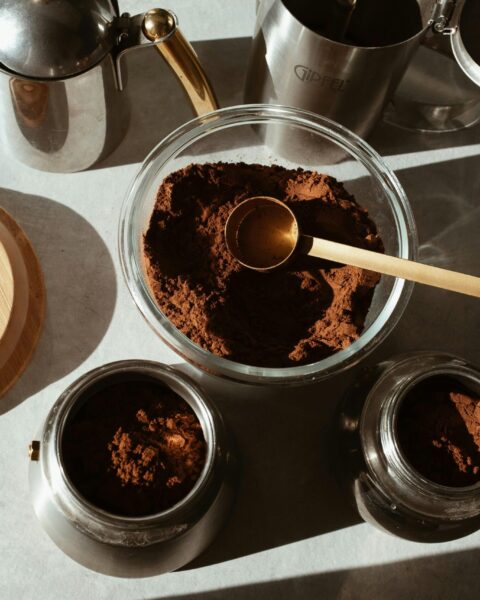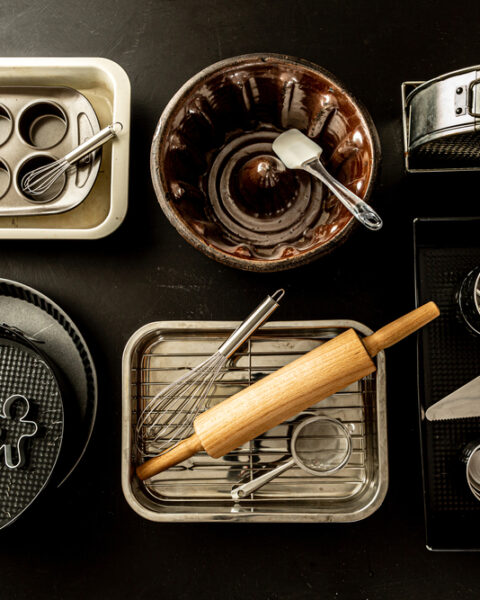We all strive to make healthier choices, but sometimes the foods we think are beneficial may be misleading. Despite their health halos, some popular “healthy” foods can harm our well-being. Nutritionists have weighed in on this issue, revealing that these items may not be as nutritious as they seem. Here’s a look at 15 “healthy” foods that might not be as good for you as you thought.
Contents
- 1 Granola
- 2 Flavored Yogurt
- 3 Veggie Chips
- 4 Trail Mix
- 5 Smoothies
- 6 Protein Bars
- 7 Instant Oatmeal
- 8 Frozen Yogurt
- 9 Whole Wheat Bread
- 10 Fruit Juice
- 11 Coconut Oil
- 12 Rice Cakes
- 13 Fat-Free Salad Dressings
- 14 Gluten-Free Snacks
- 15 Dried Fruit
- 16 More From RetailShout
- 17 15 Surprising Things You Should Know About Drinking Beer
- 18 16 Delicious Chicken Sandwich Recipes You Can Make at Home
Granola
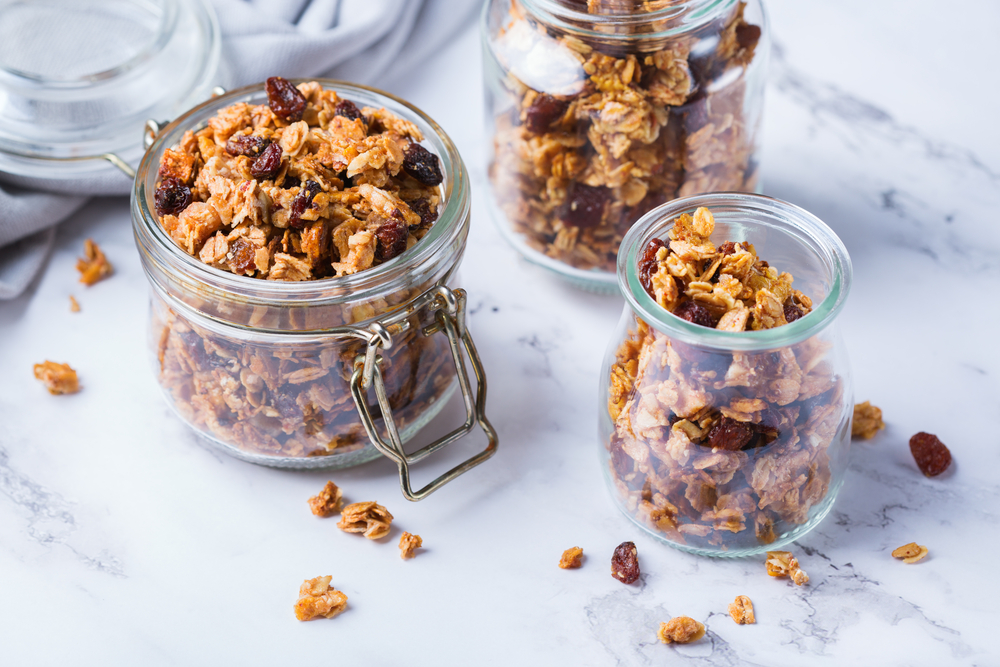
Granola often contains high amounts of added sugars and unhealthy fats. Many brands also include preservatives and artificial flavors. While it’s marketed as a wholesome breakfast option, the calorie and sugar content can lead to weight gain and spikes in blood sugar. For a healthier alternative, consider making your granola with natural sweeteners and whole ingredients.
Flavored Yogurt
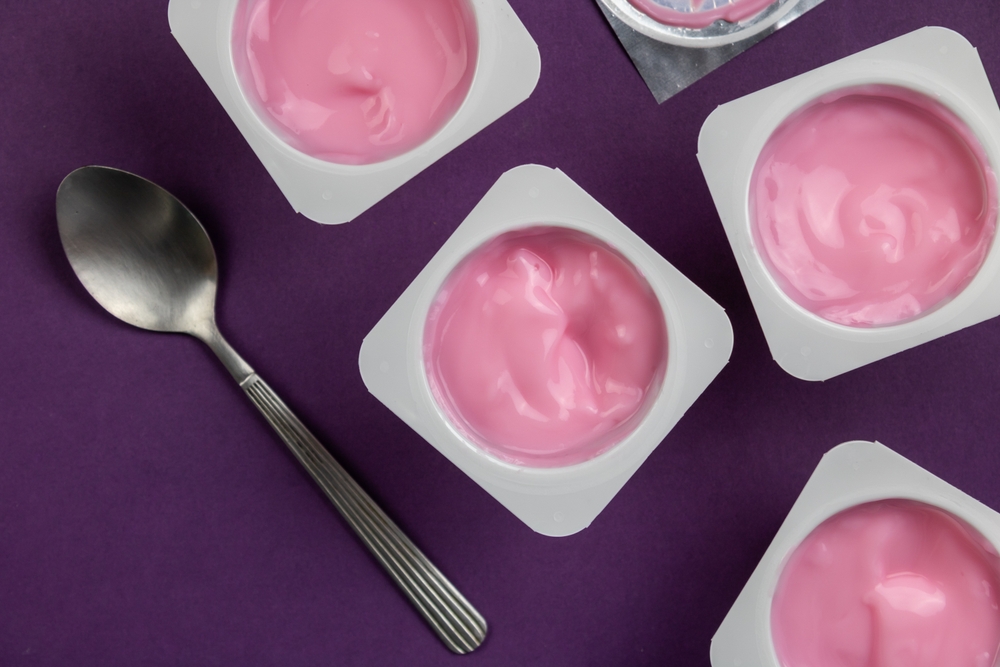
Flavored yogurts are packed with sugar, often as much as a candy bar. The added fruit flavoring usually comes with preservatives and artificial colors. Despite being marketed as a healthy snack, these yogurts can contribute to weight gain and poor gut health. Opt for plain yogurt and add fresh fruit for natural sweetness.
Veggie Chips
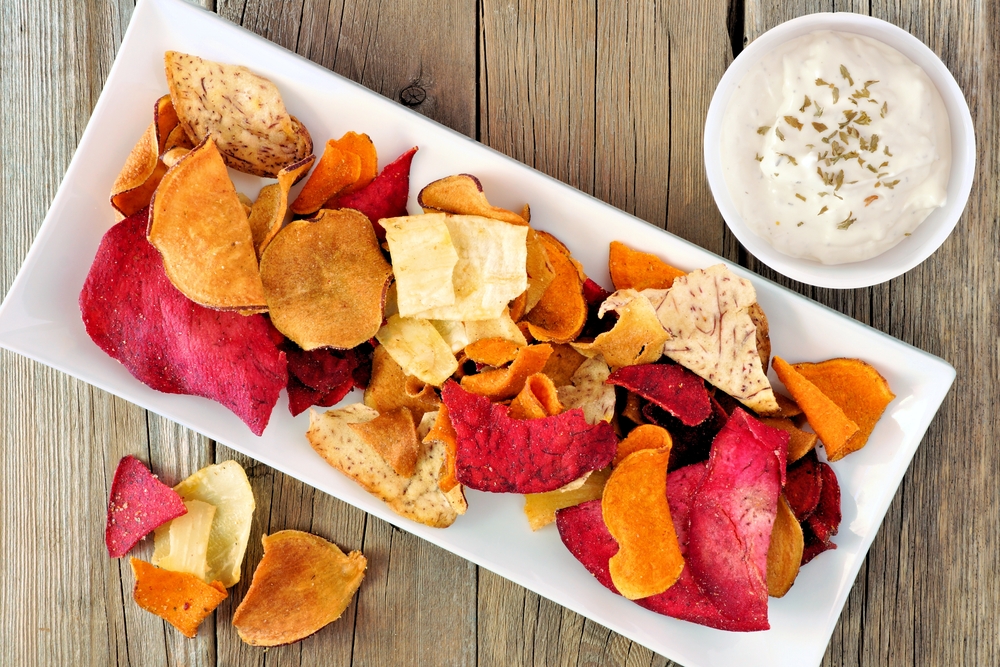
Veggie chips sound like a healthy snack, but many are just potato chips with a vegetable powder coating. They’re often fried and contain just as much fat and salt as regular chips. The minimal actual vegetable content doesn’t provide the nutrients you’d get from fresh vegetables. Instead, try snacking on raw veggies with hummus.
Trail Mix
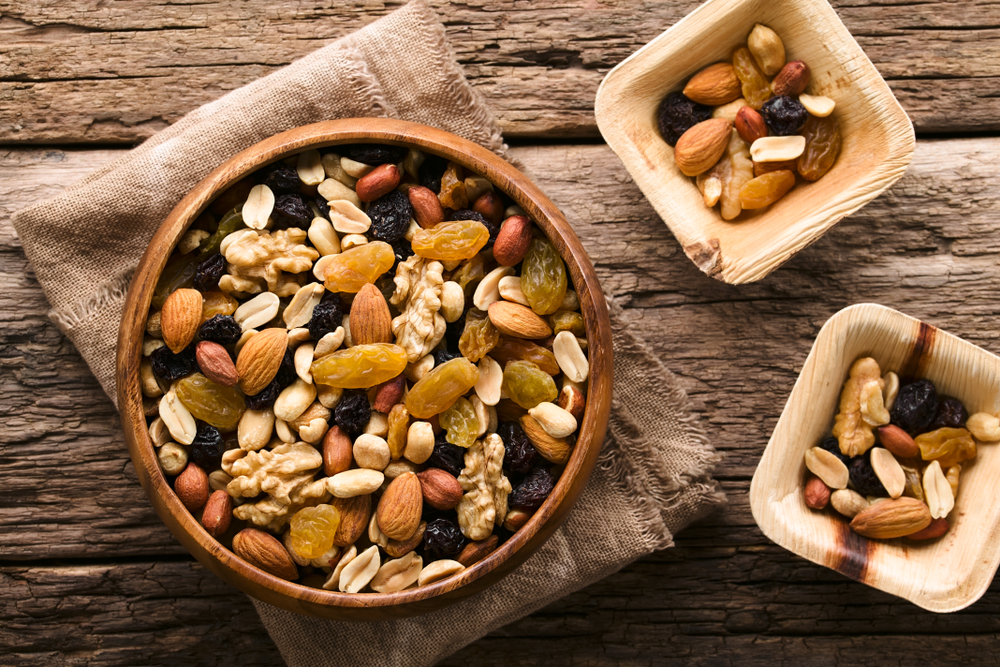
Trail mix is typically loaded with dried fruits, nuts, and sometimes chocolate or candy. The dried fruits are often sweetened, adding extra sugar, and the nuts can be roasted in unhealthy oils. This snack can quickly become a calorie bomb, contributing to weight gain and sugar spikes. Choose unsweetened dried fruits and raw nuts to make your own healthier mix.
Smoothies
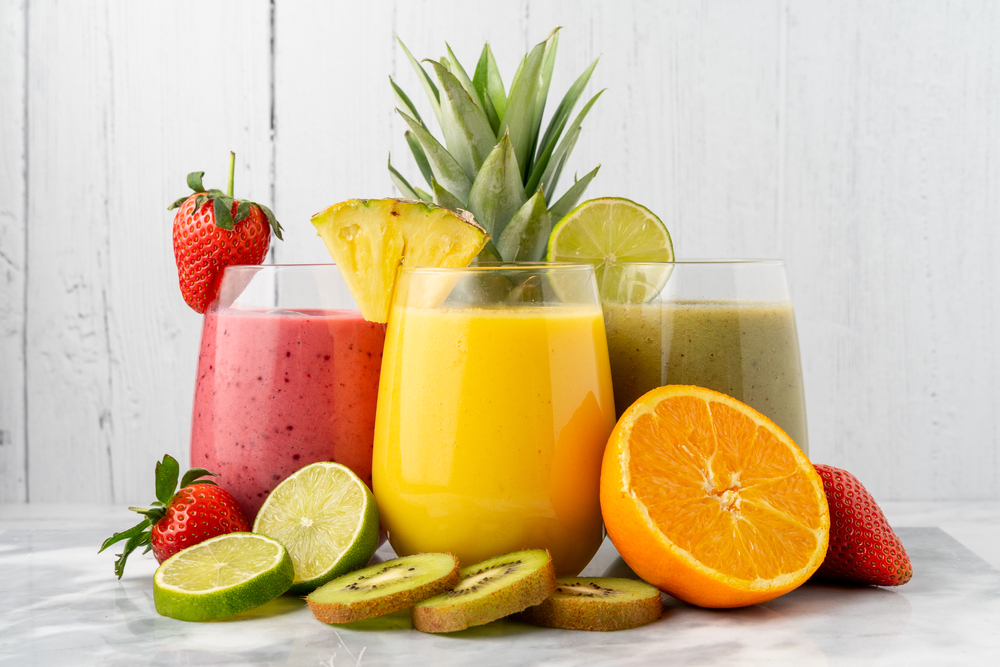
Store-bought smoothies can be deceivingly high in sugar, especially if they contain fruit juices or added sweeteners. They often lack fiber, which helps regulate blood sugar levels. Drinking these smoothies can lead to rapid spikes in blood sugar and subsequent crashes. Make your smoothies at home with whole fruits and vegetables to control the ingredients.
Protein Bars
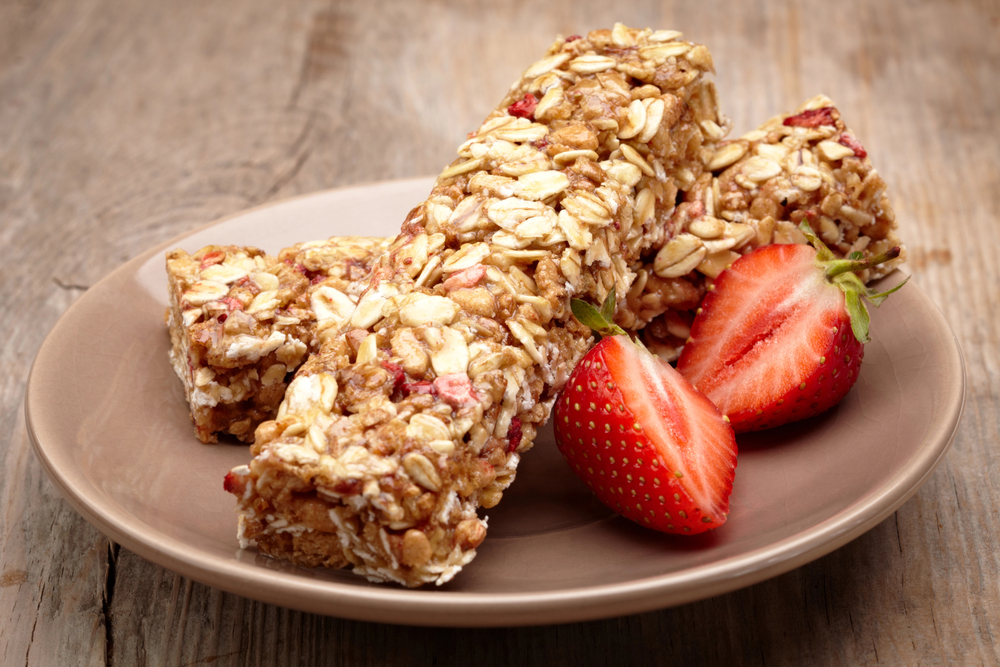
Many protein bars are packed with sugar, artificial ingredients, and unhealthy fats. They often contain more calories than a candy bar and can be just as addictive. While they seem like a convenient post-workout snack, they might not offer the nutrition you need. Look for bars with minimal ingredients and natural sources of protein.
Instant Oatmeal
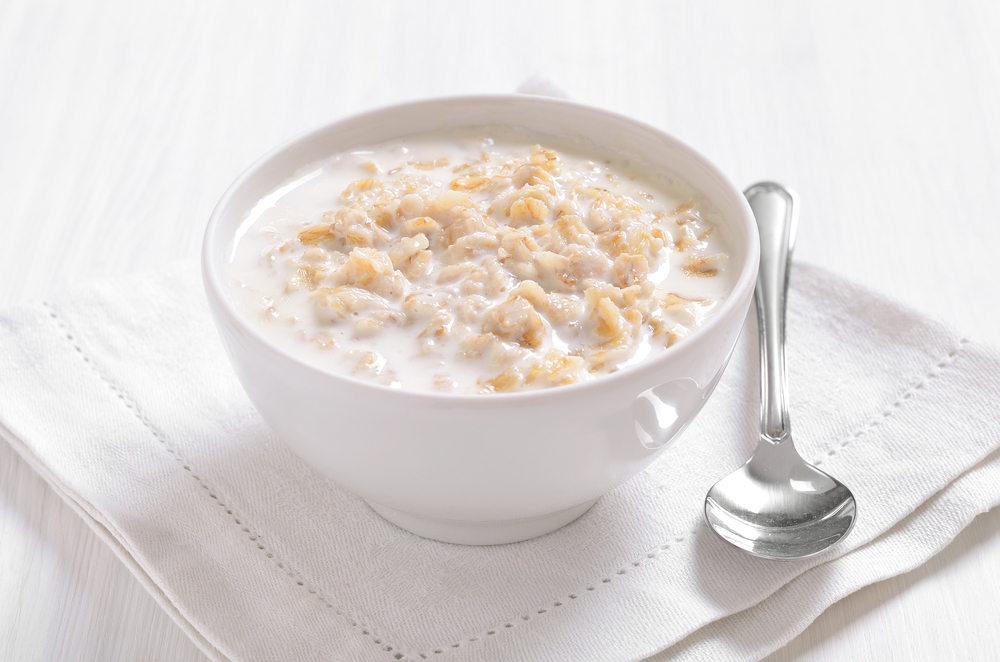
Instant oatmeal packets often contain added sugars, artificial flavors, and preservatives. These additives can diminish the health benefits of the oats themselves. Eating instant oatmeal regularly can lead to increased sugar intake and potential weight gain. Choose plain rolled oats and add your natural toppings for a healthier breakfast.
Frozen Yogurt

Frozen yogurt is often perceived as a healthier alternative to ice cream, but it can be just as high in sugar. Many frozen yogurt options contain artificial sweeteners and preservatives. These additives can contribute to digestive issues and cravings for more sugar. Enjoy frozen yogurt in moderation and choose plain varieties with fresh fruit toppings.
Whole Wheat Bread
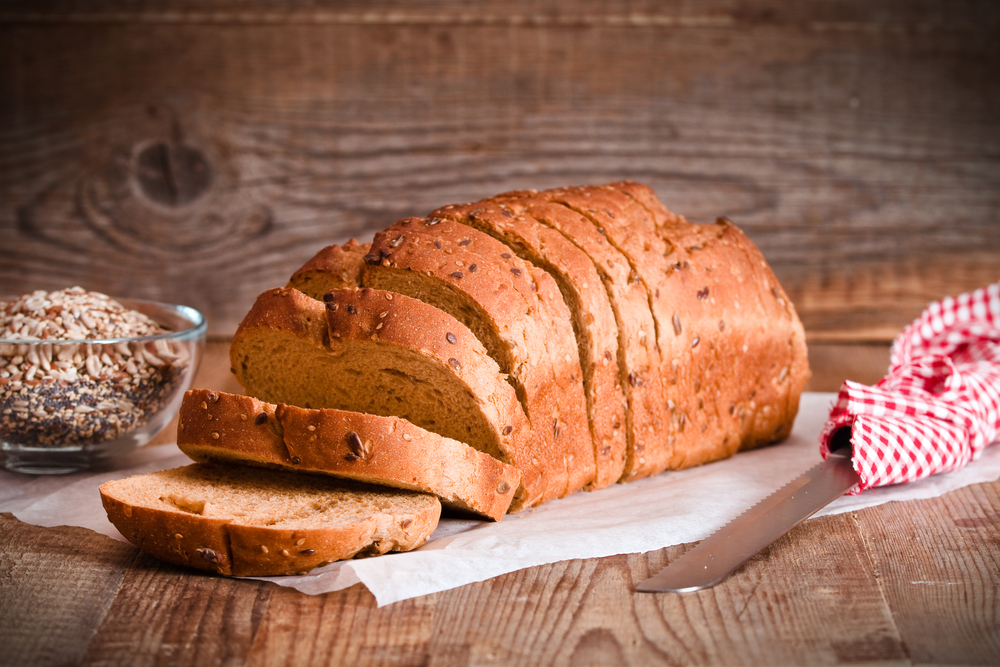
Not all whole wheat bread is created equal. Many commercial varieties contain added sugars, preservatives, and refined flour. These ingredients can negate the health benefits of whole grains and contribute to weight gain and blood sugar spikes. Look for bread with minimal ingredients; whole grains are listed as the first ingredient.
Fruit Juice
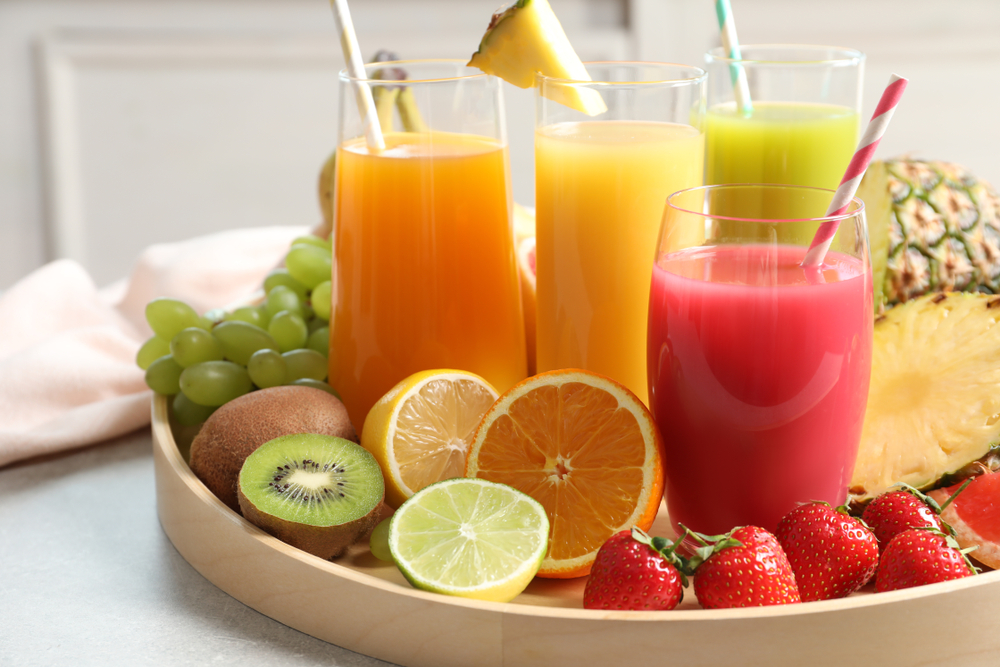
Fruit juice, even 100% pure, can be high in natural sugars and lack the fiber found in whole fruits. Drinking juice can lead to quick spikes in blood sugar and increased calorie intake. Consuming whole fruits instead provides fiber, which helps regulate blood sugar levels. Limit fruit juice consumption and opt for water or herbal teas.
Coconut Oil
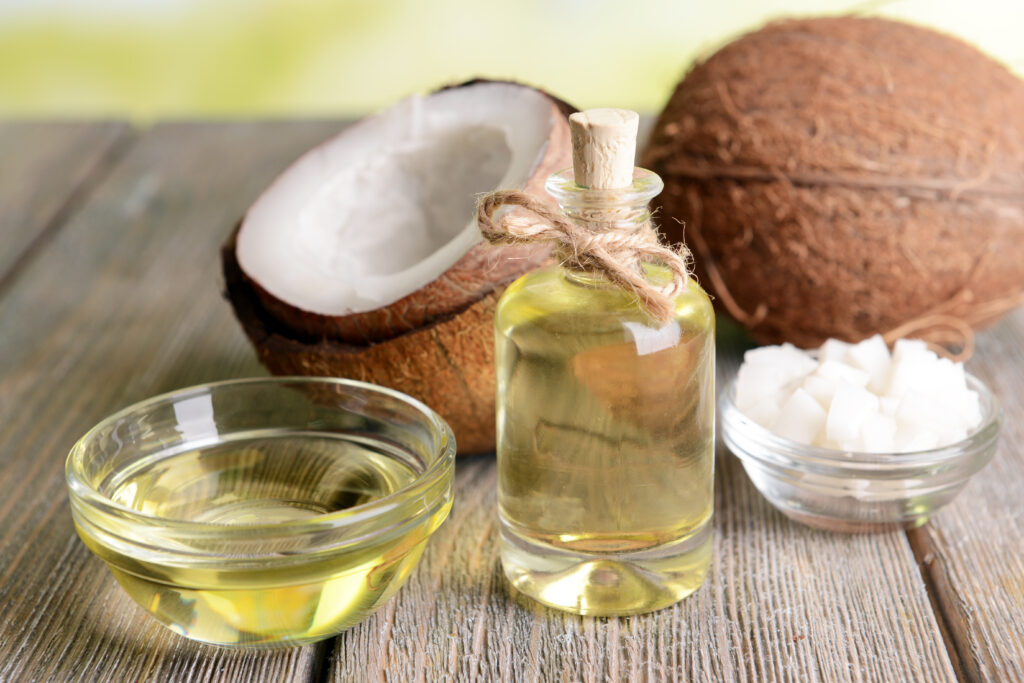
Coconut oil has been hailed as a superfood, but it is high in saturated fat. Excessive intake can raise bad cholesterol levels, increasing the risk of heart disease. While it has its uses, moderation is key to avoiding negative health impacts. Use coconut oil sparingly and incorporate other healthy fats like olive oil.
Rice Cakes
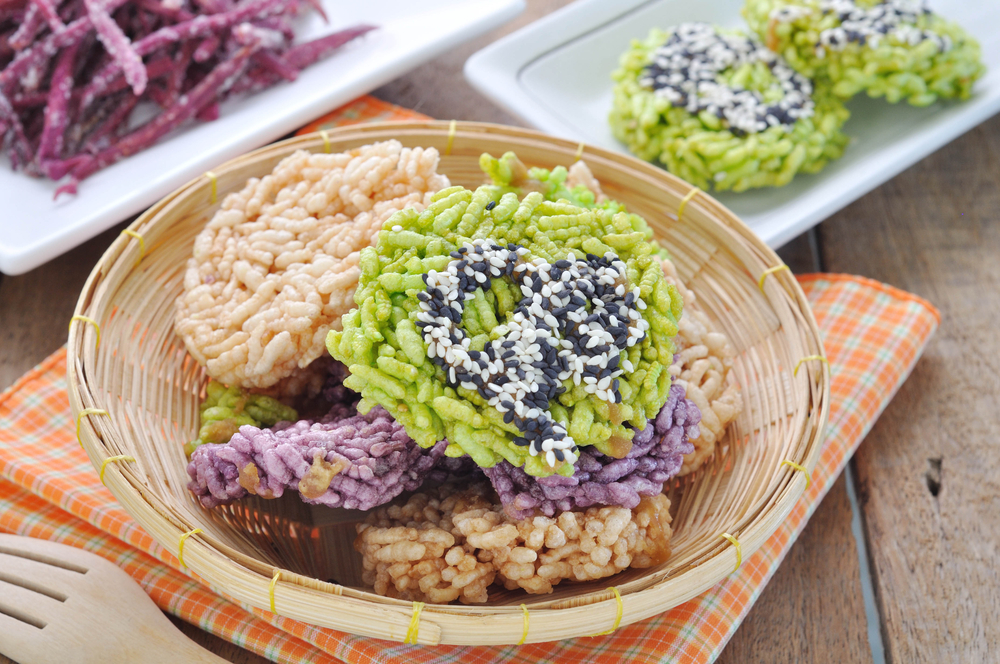
Rice cakes are often marketed as a low-calorie snack, but they lack essential nutrients and fiber. They can cause blood sugar levels to spike, leading to increased hunger and overeating. Their bland taste often leads to adding unhealthy toppings, negating their low-calorie benefit. Choose whole grain snacks with more fiber and nutrients for a satisfying option.
Fat-Free Salad Dressings
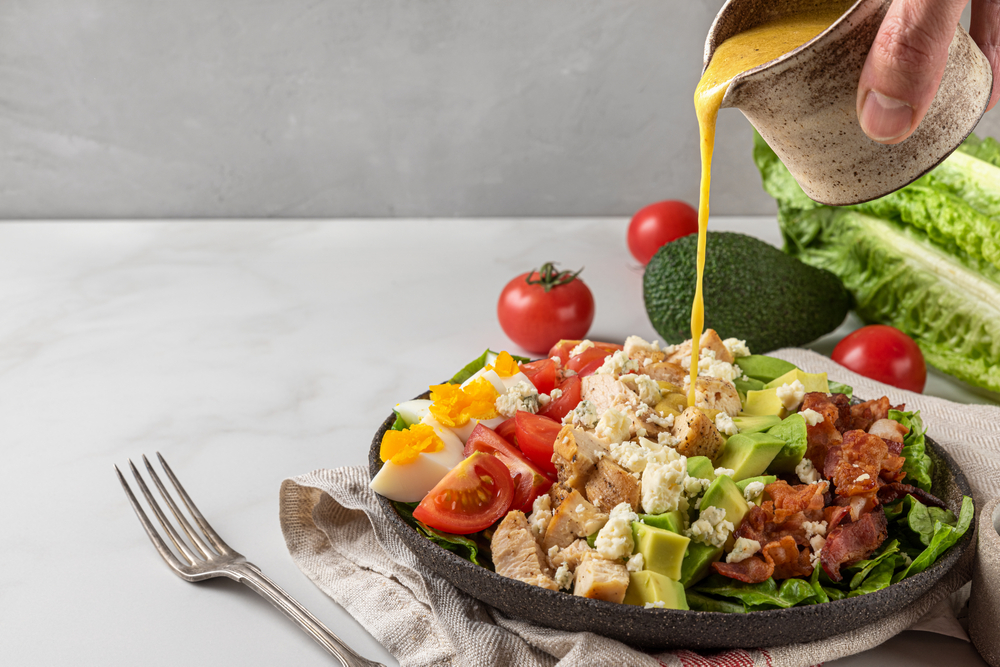
Fat-free salad dressings often compensate for the lack of fat with added sugars and artificial ingredients. These additives can negate the health benefits of your salad and contribute to weight gain. Healthy fats are essential for absorbing vitamins from vegetables. Opt for dressings made with healthy fats like olive oil and vinegar.
Gluten-Free Snacks
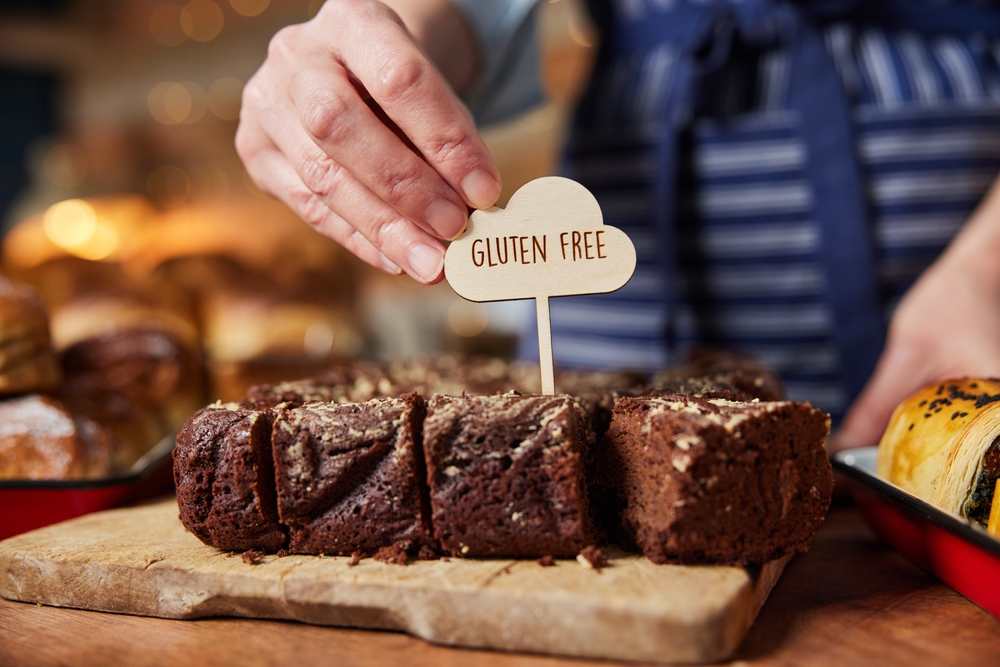
Gluten-free snacks can be high in refined starches and sugars to mimic the texture and taste of gluten-containing products. These ingredients can lead to weight gain and lack essential nutrients. Being gluten-free doesn’t automatically make a product healthy. Choose naturally gluten-free whole foods like fruits, vegetables, and nuts.
Dried Fruit
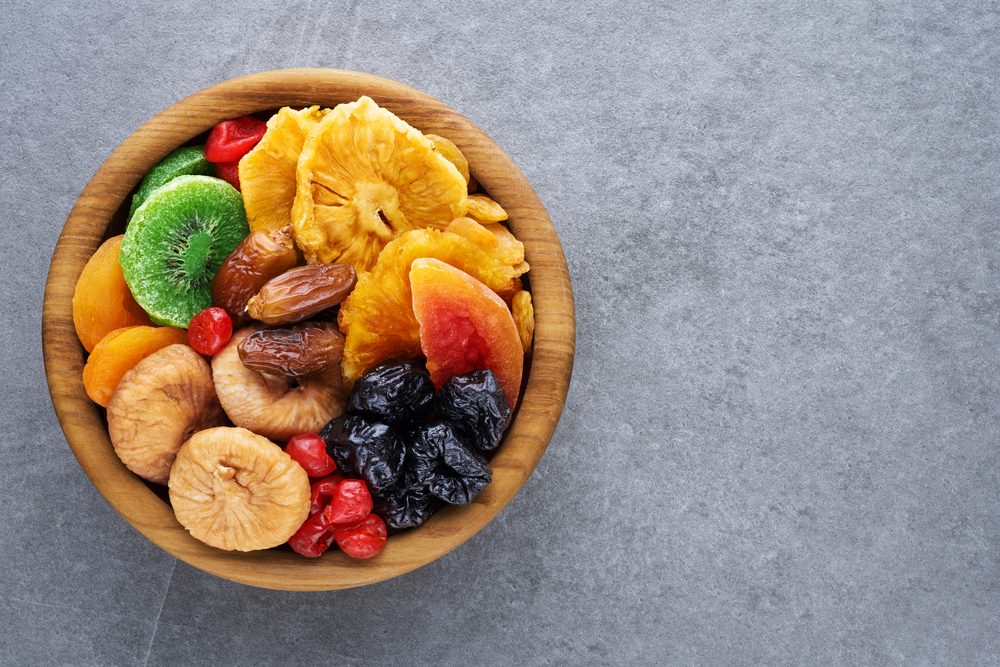
Dried fruit can be a concentrated source of sugar, especially when it’s sweetened. The drying process can also lead to a loss of some nutrients compared to fresh fruit. Eating dried fruit in large quantities can contribute to sugar spikes and dental issues. Enjoy dried fruit in moderation and look for unsweetened varieties.
This article originally appeared on RetailShout.
More From RetailShout
Aldi`s 11 Summer Beauty Essentials Under $10
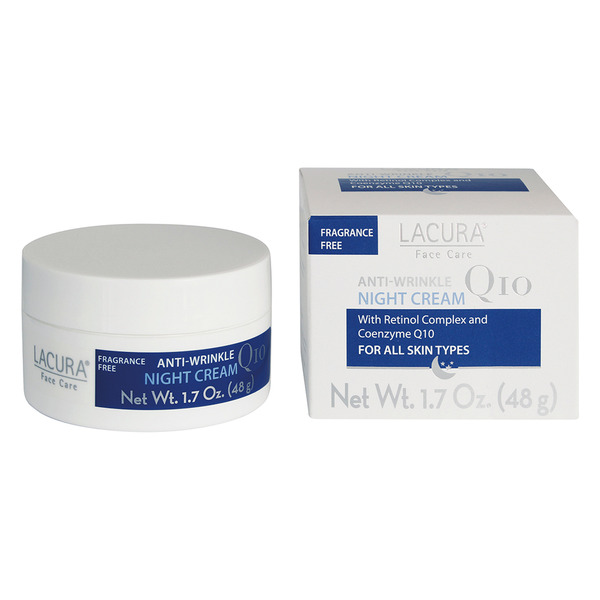
Summer is the perfect time to refresh your beauty routine, but that doesn’t mean you have to splurge to look your best. Aldi has become a go-to for budget-friendly finds, and their beauty aisle is no exception. Read More.
15 Surprising Things You Should Know About Drinking Beer

Whether you’re a seasoned beer drinker or just starting out, there’s always something new to learn about this beloved beverage. Beer isn’t just about cracking open a cold one and enjoying it; there’s a whole world of flavors, traditions, and tips that can make your drinking experience even better. Read More.
16 Delicious Chicken Sandwich Recipes You Can Make at Home
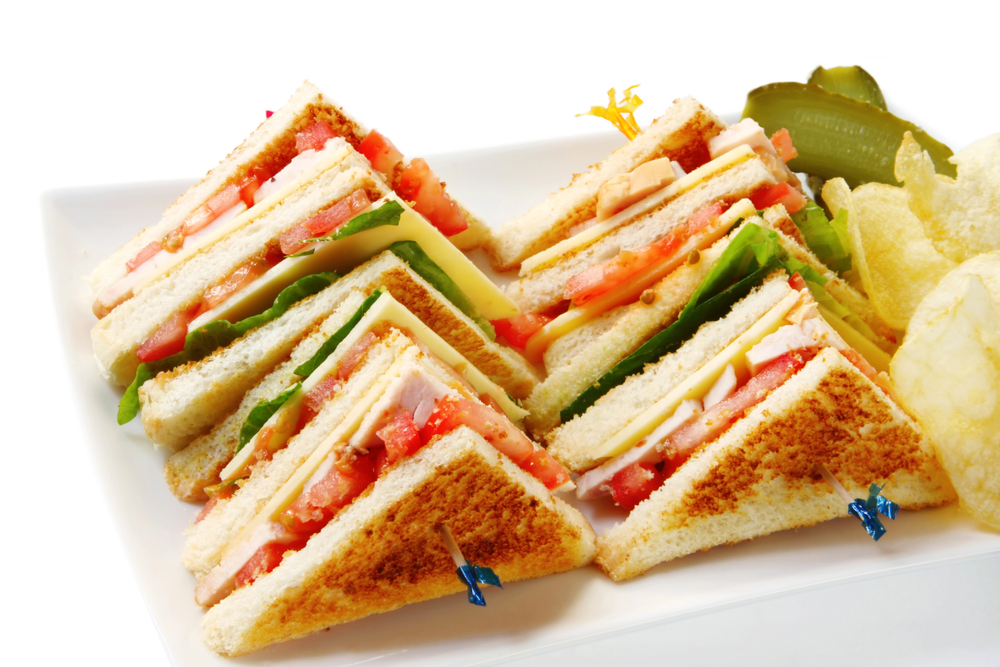
Chicken sandwiches are a classic comfort food that never goes out of style. Whether you’re craving something crispy, spicy, or packed with fresh flavors, there’s a chicken sandwich recipe that can hit the spot. Read More.




